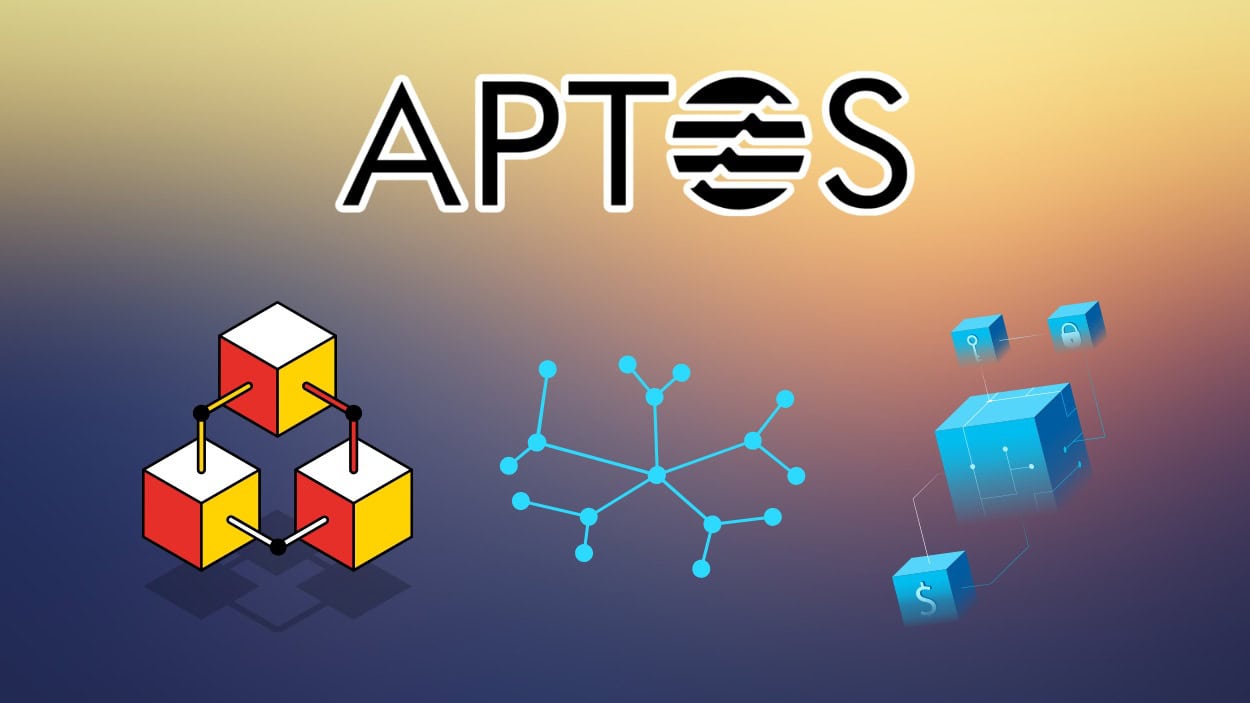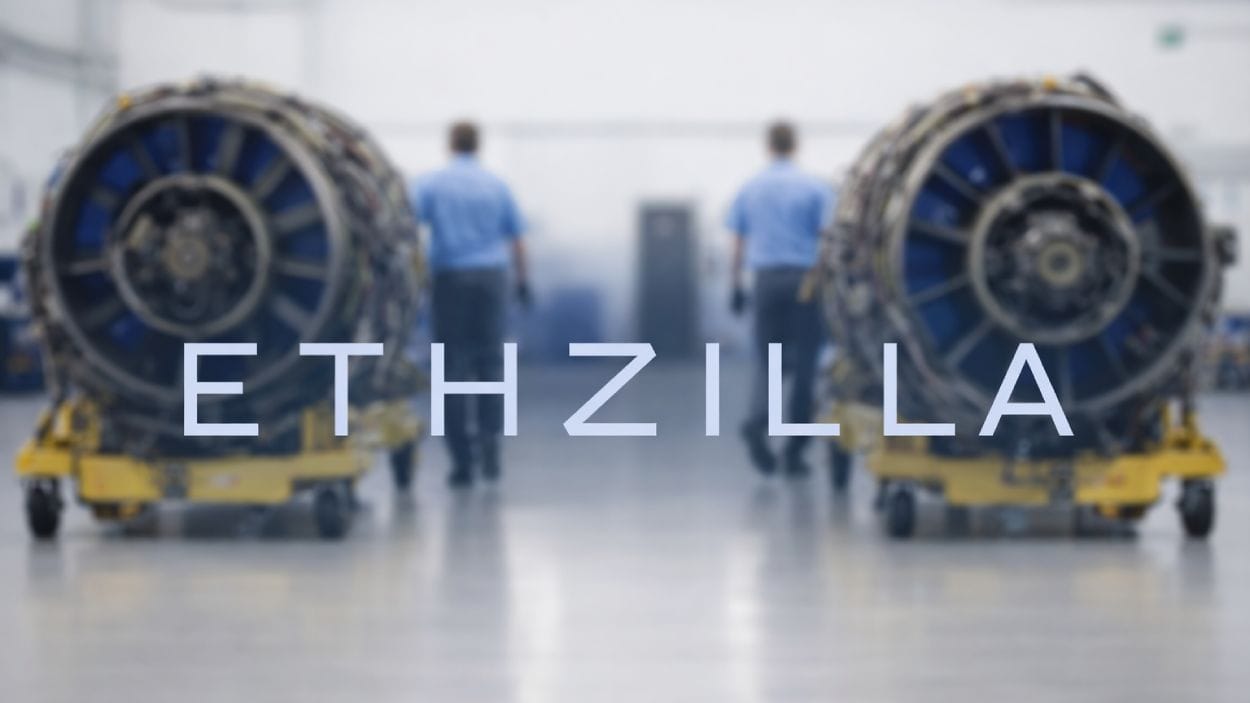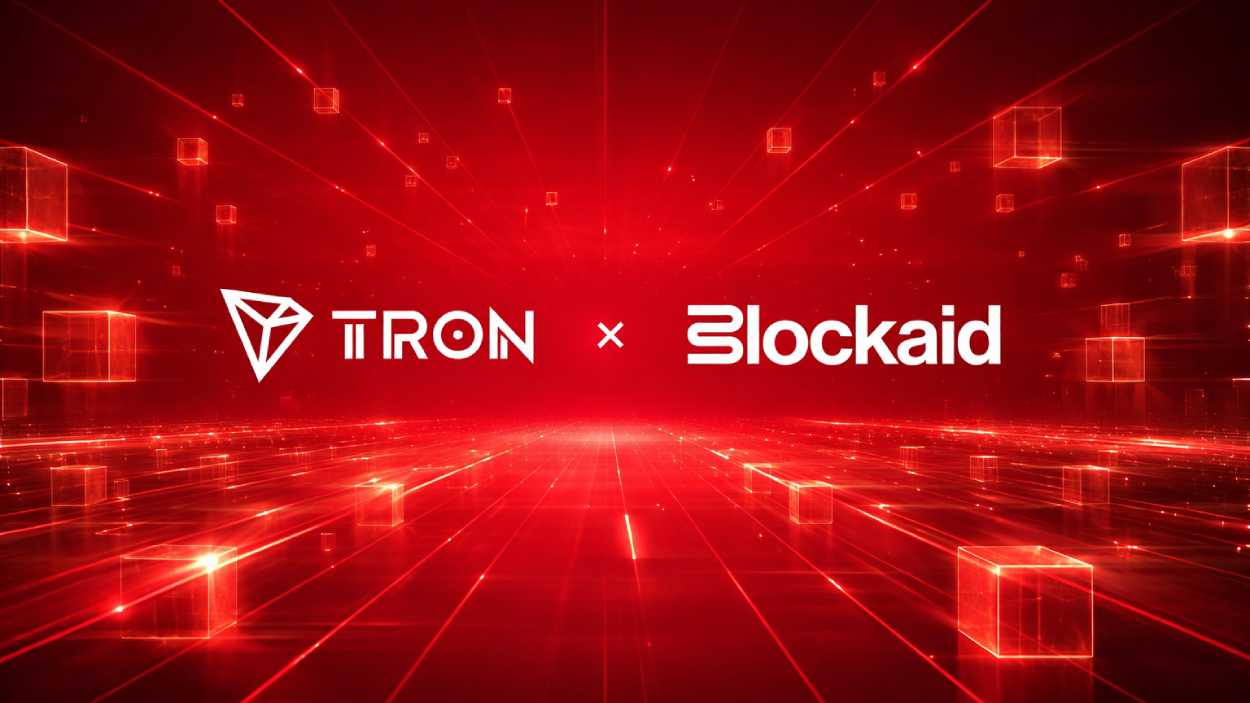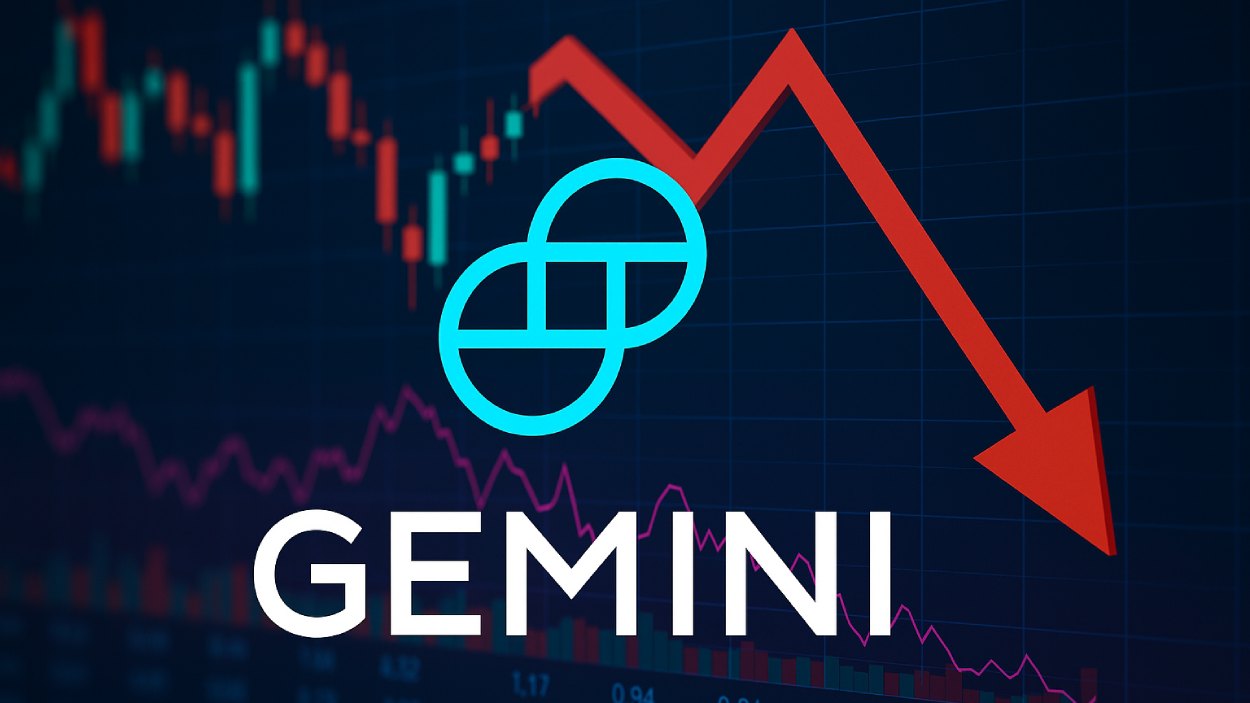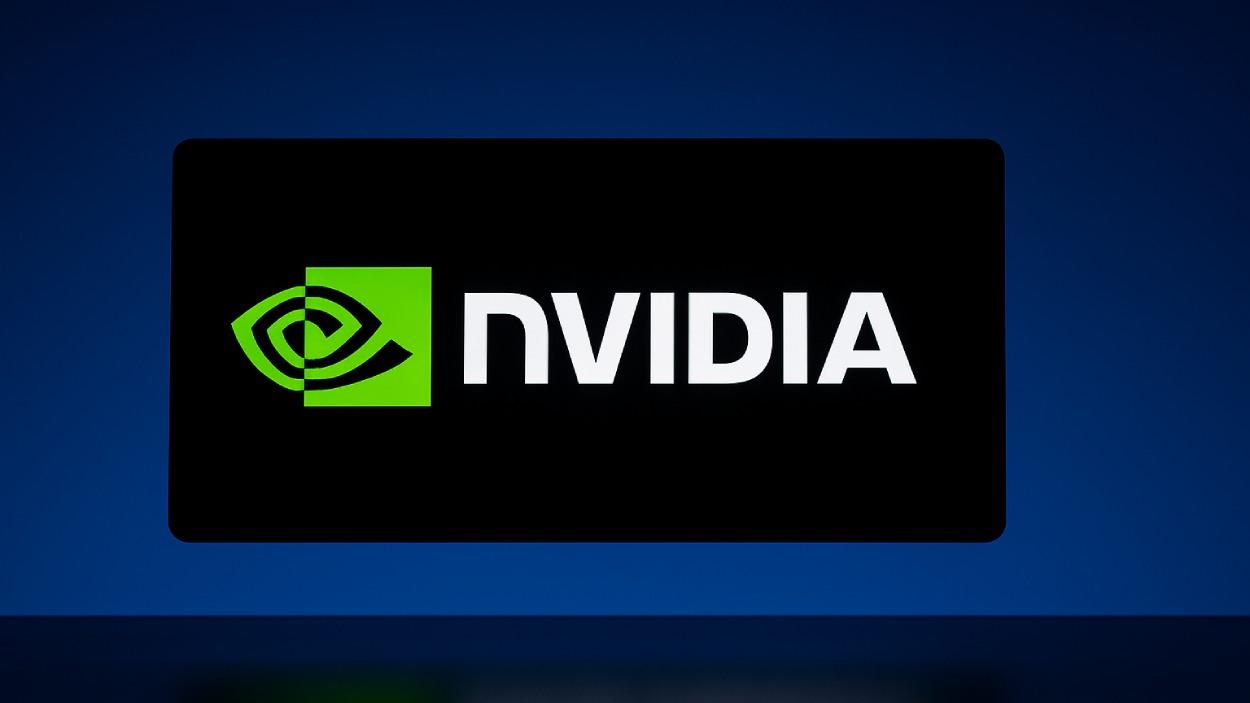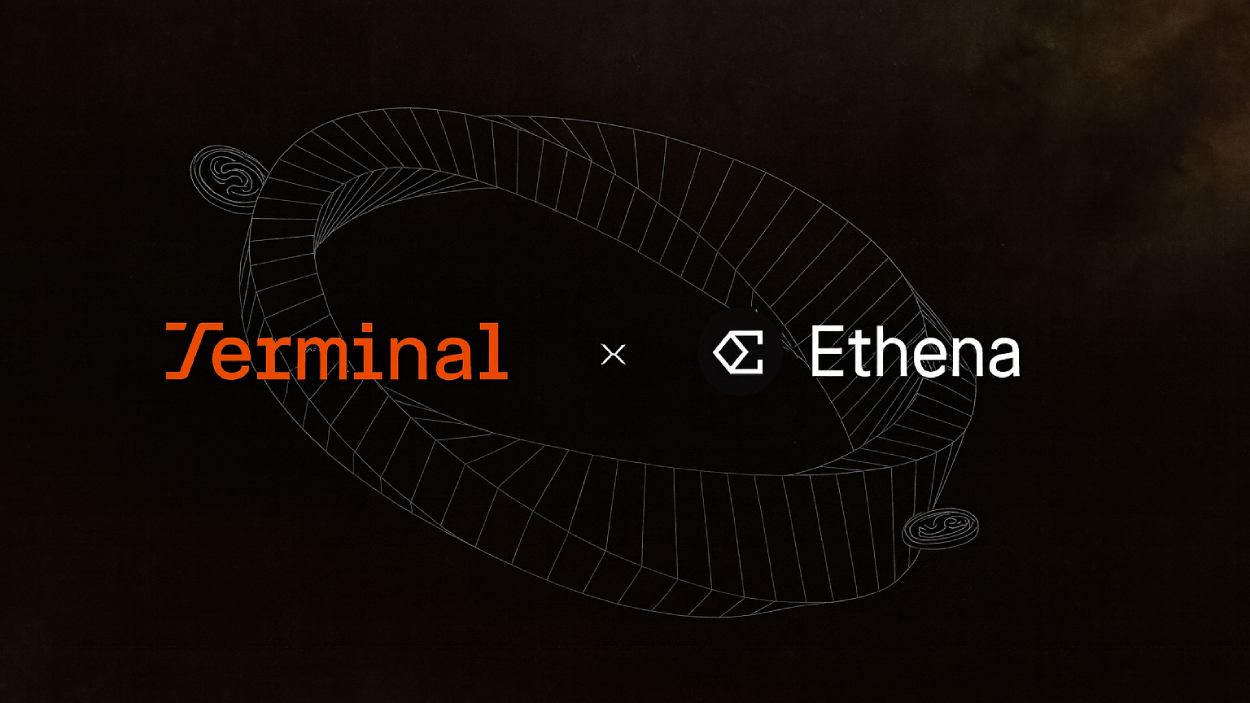Anatoly Yakovenko, co-founder of Solana, is spearheading the development of a new onchain perpetual futures exchange called “Percolator” that aims to rival major players such as Hyperliquid.
Key Takeaways
- Yakovenko has published a GitHub repository titled “Percolator”, describing a self-custodial perpetual DEX built on Solana.
- The protocol proposes an architecture using “sharded matching engines” also referred to as “slabs” and a central routing program to enable efficient order matching and collateral management across parallel engines.
- The move appears motivated by the rapid growth of the perpetual DEX sector and the dominance of Hyperliquid, along with the desire to strengthen Solana’s DeFi infrastructure.
What Happened?
Yakovenko has released detailed documentation and code on GitHub under a repository named “Percolator.” The protocol is positioned as a high-performance, onchain perpetual futures exchange built natively on Solana and designed to facilitate trading of perpetual contracts through decentralized infrastructure. While a full official launch date has not yet been announced, the project is described as implementation-ready according to the GitHub documentation.
this must be the most obvious answer
— Hanzo 🉐 (@DeFi_Hanzo) October 20, 2025
to why there are that many perpDEXes,
and why @aeyakovenko is building his own now.
Toly just dropped a new repo on github called Percolator, a full-on perpetuals exchange being built directly on solana.
but let’s be real for a second —… pic.twitter.com/EmgqiqsgkU
Why It Matters?
The perpetual futures market is one of the most active segments in DeFi, with platforms like Hyperliquid handling hundreds of billions of dollars in monthly volume. For Solana, which has long been competing with other major chains for DeFi share, having a native high-performance perpetual DEX could be a strategic advantage. Additionally, Yakovenko’s direct involvement signals a serious commitment from the Solana ecosystem rather than a third-party integration.
How Percolator Works?
According to the GitHub documentation:
- The protocol consists of two main onchain programs: a Router and multiple Slab programs.
- The Router handles collateral vaults, cross-slab portfolio margining, user positions, and program orchestration.
- Each Slab represents a self-contained matching engine with its own order book, positions, risk parameters, and settlement logic.
- The model divides the order book across multiple parallel slabs instead of a monolithic engine, allowing independent liquidity pools, faster matching, and potential performance gains.
Technical Features
- Memory-budgeted state per slab (10 MB) with no dynamic allocations after initialization.
- Fixed-point math for prices and profit or loss, VWAP calculations, and reserve or commit models for order execution.
- Anti-toxicity features such as JIT penalty detection, aggressor round-trip guard, and kill-band parameters to prevent predatory behavior.
- Cross-slab portfolio margining allows a user with positions in multiple slabs to be treated as a unified portfolio.
Current Development Status
According to the repository, the core data structures and matching engine logic are completed. However, modules such as the liquidation engine and full integration testing are still in progress. No official public launch has been announced.
Competition and Strategic Implications
The perpetual DEX field is becoming increasingly competitive. Hyperliquid continues to lead in trading volume and has introduced builder-deployed perpetual contracts. Competing platforms like Aster on BNB Chain are also gaining momentum. Percolator could shift market dynamics by taking advantage of Solana’s high-throughput architecture and Yakovenko’s deep technical insight.
For Solana, this project could reclaim momentum in DeFi infrastructure. A dedicated native perpetual DEX may attract liquidity, derivatives traders, and institutional-style flows that currently lean toward other chains.
CoinLaw’s Takeaway
In my experience covering DeFi infrastructure, this move by Yakovenko and Solana is a big deal. The fact that the project is coming directly from a core founder and not an external team shows that the ecosystem is doubling down on performance-driven DeFi. I found the architecture especially fascinating. The “sharded matching engines” concept directly tackles a core issue in perpetuals like latency, liquidity fragmentation, and trade execution.
If Percolator delivers on its promises, it could become a serious competitor to existing players like Hyperliquid. That said, we still do not have a launch timeline, and key components like the liquidation engine are still under development. I will be watching closely for community testing, audits, and how the team structures LP incentives.







